Dry bulk tankers play a crucial role in the transportation of bulk solid materials across industries. These specialized vehicles are designed to carry a variety of dry bulk goods, including powders, granules, and other free-flowing materials that do not require packaging. Understanding the types of materials transported by dry bulk tankers helps industries optimize logistics and ensure the safe and efficient delivery of essential commodities.
1. Cement and Other Construction Materials
One of the primary uses of dry bulk tankers is to transport construction materials such as cement, lime, fly ash, and gypsum. These materials are essential in building infrastructure, manufacturing concrete, and stabilizing soil for construction projects. Since cement is highly sensitive to moisture, dry bulk tankers are equipped with airtight compartments to prevent contamination and hardening during transit.
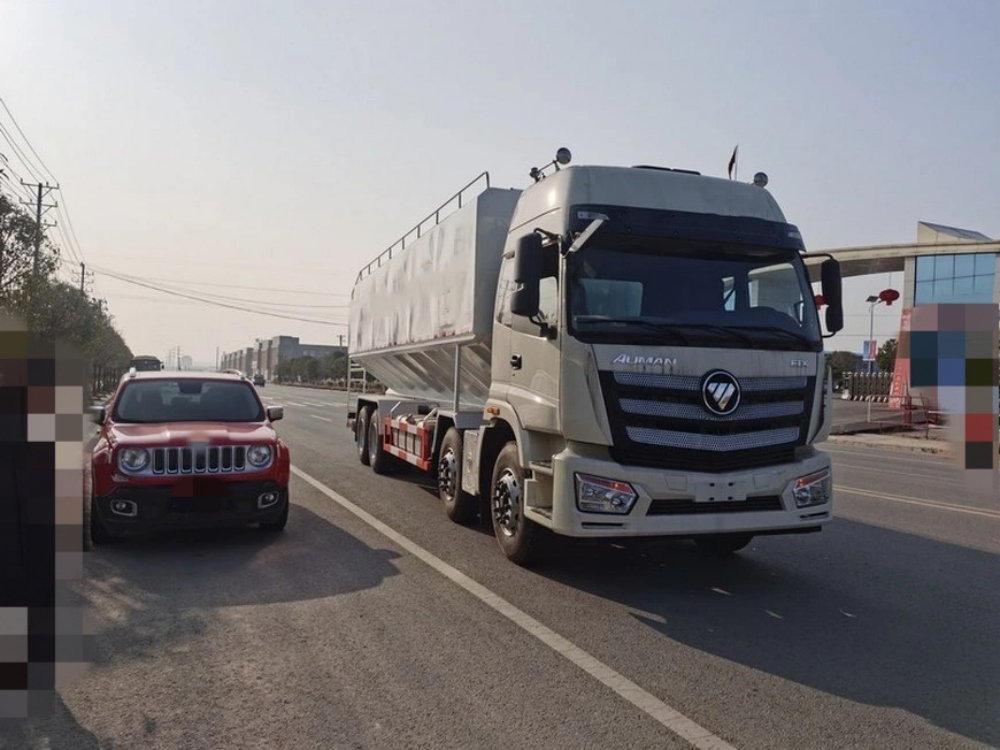
2. Grain and Agricultural Products
Agriculture relies heavily on dry bulk tankers for the transportation of grains like wheat, corn, soybeans, and rice. These vehicles also carry animal feed, flour, and other processed agricultural commodities. To maintain the quality of these food-grade materials, dry bulk tankers are designed with sanitary compartments that minimize exposure to contaminants.
3. Plastics and Resin Pellets
The plastics industry depends on dry bulk tankers to move raw materials such as polyethylene, polypropylene, and polystyrene pellets. These plastic resins serve as the building blocks for various products, including packaging materials, automotive parts, and consumer goods. The tankers ensure that these materials reach manufacturing plants without exposure to dirt or moisture.
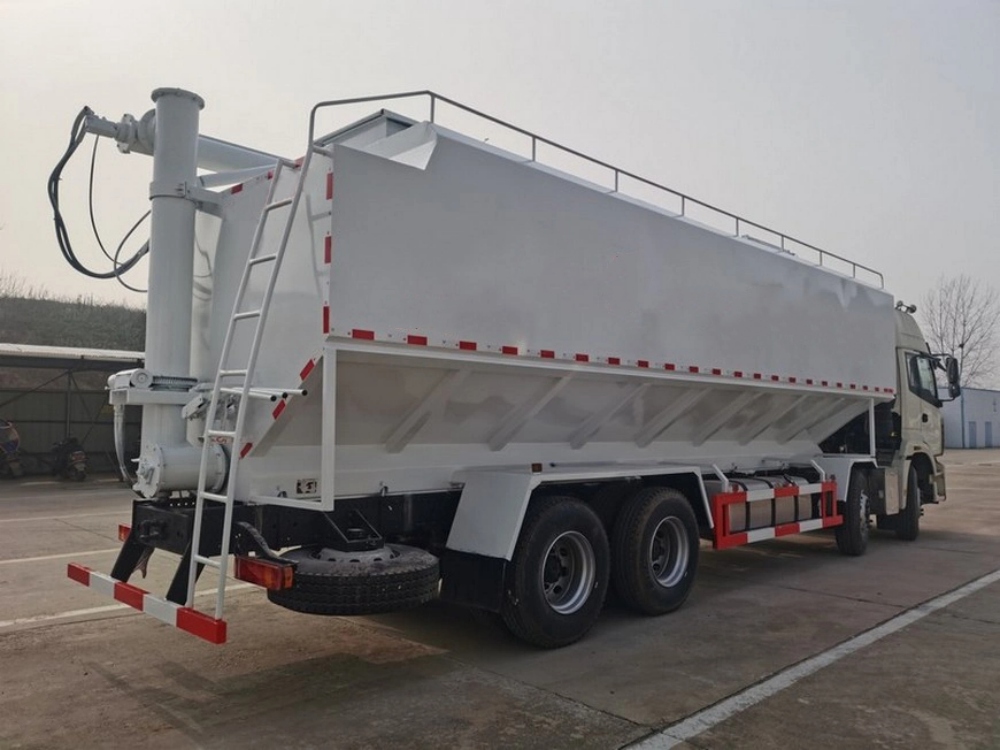
4. Sand and Minerals
Industries such as glass manufacturing, oil and gas, and construction require large quantities of sand, silica, and other minerals. Dry bulk tankers facilitate the efficient transport of these materials to production facilities. In the oil and gas industry, for example, frac sand is transported by dry bulk tankers for use in hydraulic fracturing operations.
5. Salt and Chemicals
Salt is an essential commodity for road de-icing, water treatment, and food production. Dry bulk tankers transport large volumes of road salt to municipalities and industrial facilities, especially during winter. Additionally, certain chemicals, such as soda ash and sodium bicarbonate, are transported using these specialized tankers for use in glass production, detergent manufacturing, and chemical processing.
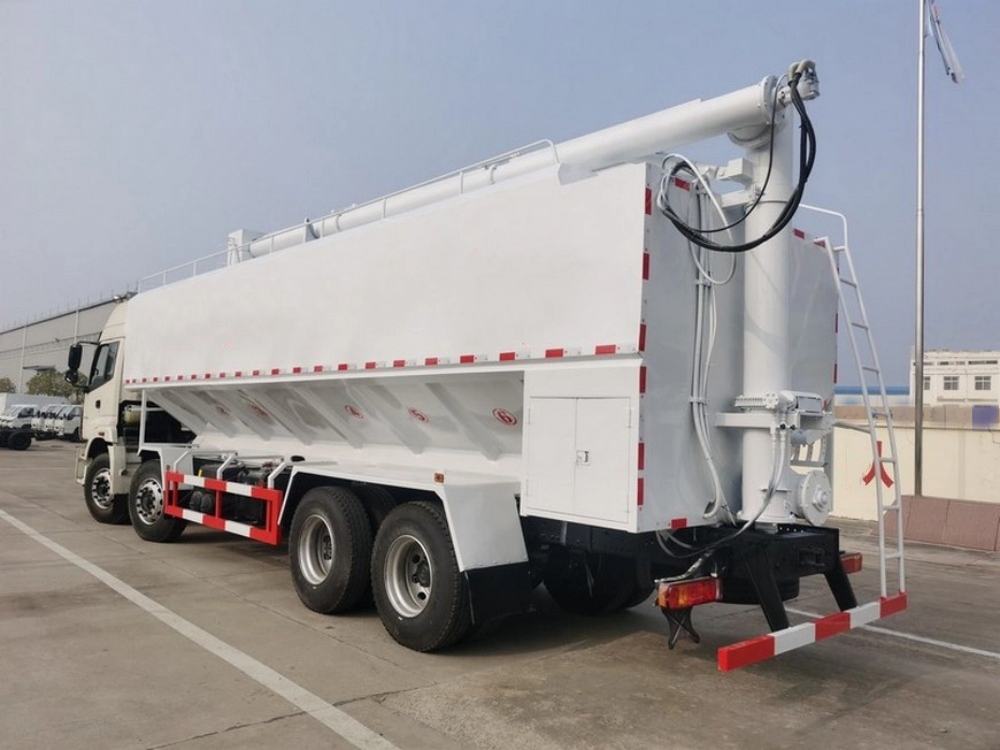
6. Powdered and Granular Food Products
Dry bulk tankers also play a significant role in the food industry, carrying powdered ingredients such as sugar, flour, starch, and cocoa powder. These food-grade tankers are designed with strict hygiene standards to ensure that the transported goods remain safe for consumption. The tankers are also sealed to prevent contamination and spillage.
7. Fertilizers
Fertilizers such as urea, ammonium nitrate, and potassium chloride are transported in dry bulk tankers to agricultural distribution centers and farms. These chemicals help enhance crop yields and ensure food security. To prevent caking or degradation, the tankers are designed to maintain dry conditions throughout transportation.
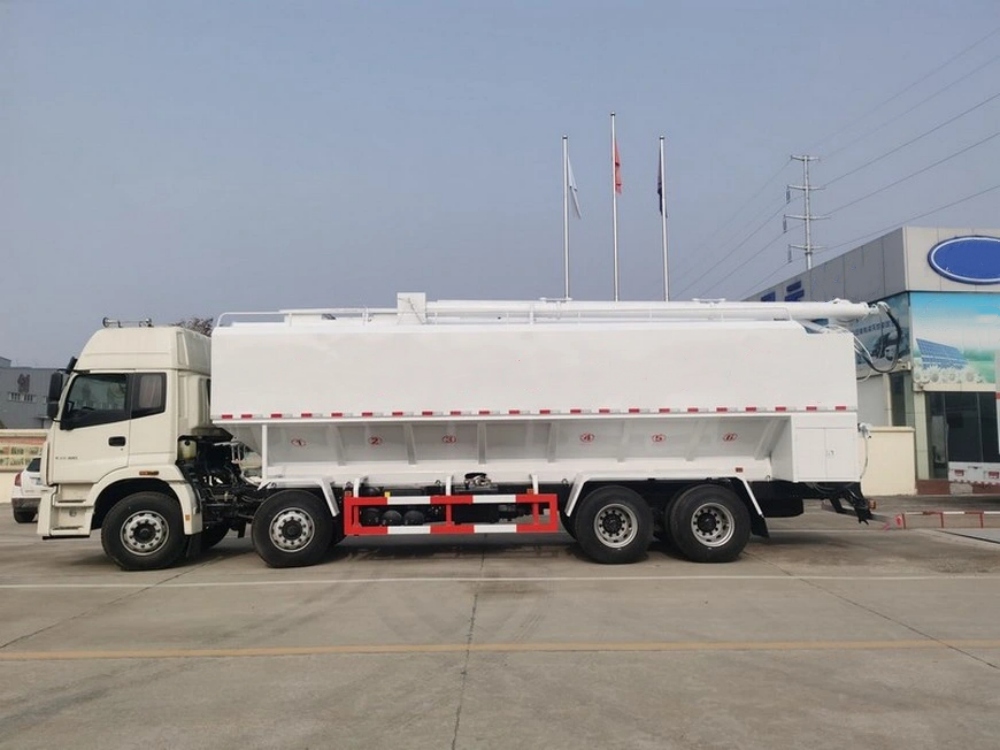
8. Coal and Fly Ash
The energy and construction sectors rely on dry bulk tankers to transport coal and fly ash. While coal is primarily used for power generation, fly ash is a byproduct of coal combustion that is often used as an additive in cement and concrete production. The airtight design of dry bulk tankers helps contain these materials, preventing dust pollution.
9. Recycled Materials
Dry bulk tankers are also utilized in the recycling industry to transport materials such as crushed glass, recycled plastic pellets, and shredded rubber. These materials are then processed and repurposed into new products, promoting sustainability and reducing environmental impact.
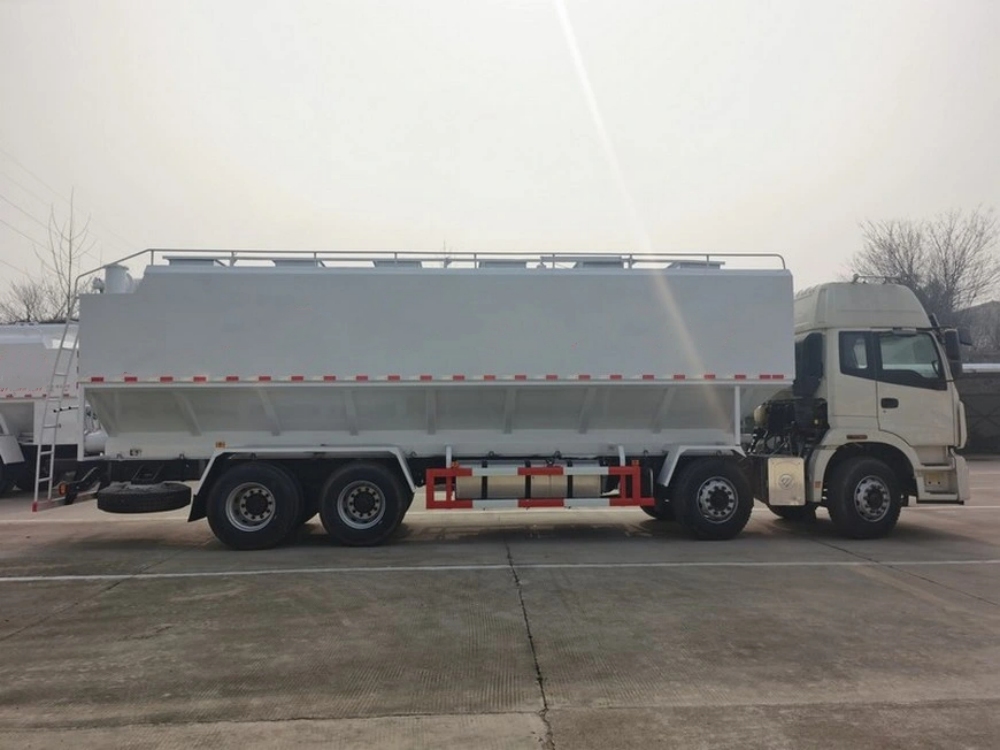
Conclusion
Dry bulk tankers are indispensable in modern industries, facilitating the efficient and safe transport of a wide range of dry bulk materials. Whether delivering construction materials, agricultural products, industrial chemicals, or food-grade powders, these specialized vehicles help keep supply chains running smoothly. Their airtight and sanitary design ensures that materials arrive at their destination in optimal condition, making them a vital component of global trade and commerce.

